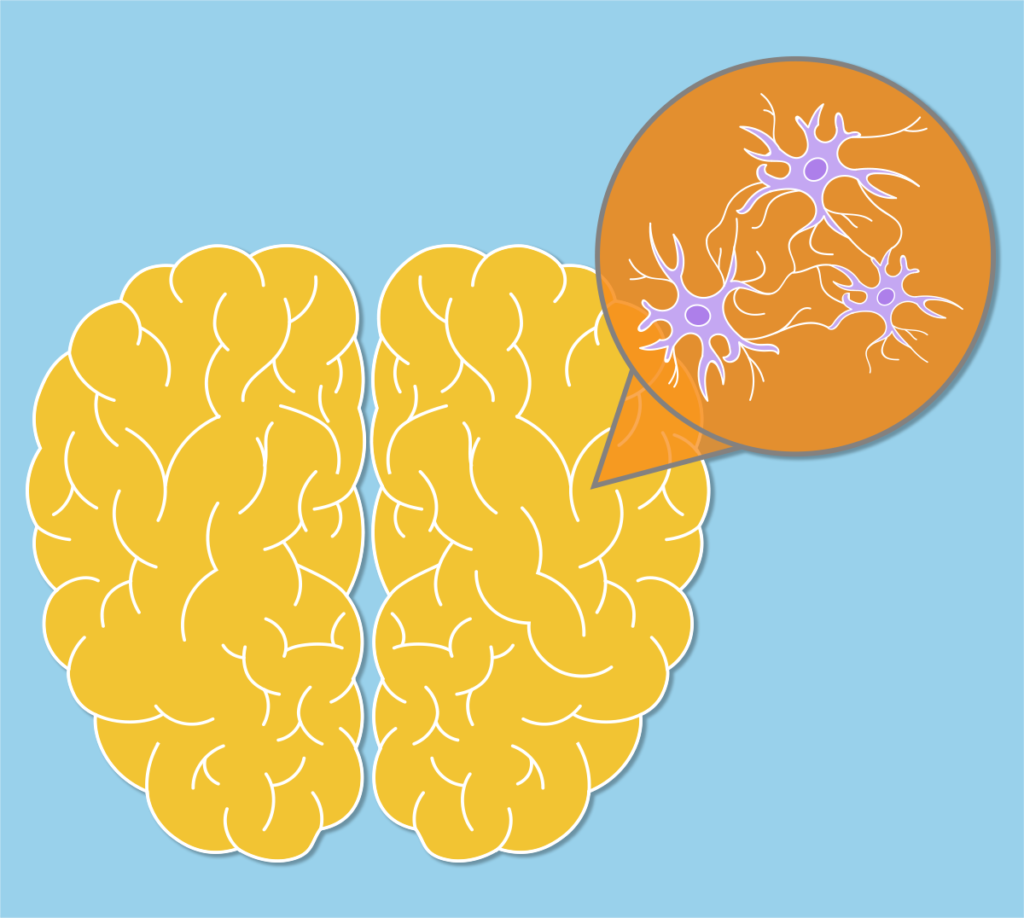The brain cells use chemical and electrical signals to control multiple activities in the body and when there’s damage or abnormality of the brain cells, those signals become irregular causing repetitive seizures.
Antiseizure medications are crucial for managing seizures and reducing the risk of injury such as fractures, brain trauma, etc. Multiple causes of epilepsy have been identified and the diagnosis is based on the type of seizures. The type of medication prescribed should be tailored to each individual based on their age, other medical conditions, medications interactions, risks of side effects, lifestyle, and other factors.
Antiseizure medications are also known as anti-epileptic drugs (AEDs) and anti-convulsants.
If a person with epilepsy cannot be controlled with one medication a combination of these medications may be necessary.
There are cases where seizures can last a few minutes or become repetitive without time in between to recover. This condition is known as “status epilepticus” and it is considered a medical emergency. To control them, rescue antiseizure medications are used by emergency professionals, and in some situations, by a trained caregiver or family member.
How antiseizure medications work?
Medications can be prescribed in tablets or capsules or can be given through other routes like a vein, muscle, rectum, or nose. Once the medications have been administered, they will dissolve and absorbed navigating all over the body through the blood stream. That’s why medications work so well, but unfortunately some of them can cause side effects acting on other parts of the body different than the brain. To minimize undesirable effects, researchers and clinicians have been able to develop new medications that work directly on the affected organ and cells.
The medications are chemically altered or metabolized by all tissues in the body, but the liver does most of the work thanks to the large concentration of substances called enzymes. Liver enzymes help to break down medications and the kidney is in charge of getting rid of extra medication running throughout the body. Also, the body eliminates medications through our sweat, saliva, feces, and breast milk.
These processes can alter the amount of medication needed to control the seizures. This is the reason why the level or dose of medication must be adjusted based on the type of drug, the medical history of the person with epilepsy and how it gets into the body. If the level is too high, you may experience side effects and if it is too low, the amount of medication in the blood is not enough to provide benefit; therefore, the doctors not only need to adjust the dose but may add other medications.
Currently, there’s a variety of antiseizure medications available and approved by drug administrations worldwide. They are prescribed by the doctors according to the type of seizure to treat, the main ingredient or substance, and how it works in the body of the person with epilepsy.
Doctors must evaluate your diagnosis and understand how the person processes the medications to prescribe the right medication at the right dose.
Epilepsy can be treated successfully but if you don’t take your medications correctly, they won’t do their job.
To control your seizures, follow these recommendations:
- Do not miss any dose.
- If accidentally you miss a dose, ask your doctor or pharmacist how to get back on track.
- With new medications, make sure you understand how and when to take them.
- Use a pill box to keep track of medications you have been taking.
- Ask your doctor or pharmacist if the medications must be taken before, after or with meals.
- Ask your doctor or pharmacist for expected side effects. They can provide some strategies for managing those effects.
- Use your smartphone (apps) or calendar to set a schedule and get reminders.
- Keep an up-to-date list of medications and dose you are taking. In case of emergency, you will have it with you.
- Keep your family members or friends informed of what medications you are taking and ask them to help with your medication regimen.
- Do not cut, crushed or chew pills, if it is not indicated.
- Do not run out of medications, schedule your refills.
- Keep your medications at the right temperature.
- Some herbs and supplements may interfere with your medications worsening your seizures. Ask your doctor if it is ok to take them.
- Do not miss your doctor’s appointments. Medications may require lab tests to adjust the dosing.
- If you are traveling, bring extra medications with you and keep them in your carry-on bag.
- If you are having issues with your medications, talk to your doctor as soon as possible.
- If you are having any problems getting your medications, talk to a social worker and your doctor. These issues can be addressed.
People with epilepsy can respond favorably to anti-seizure medications but if you are taking multiple meds, following the epilepsy team recommendations and continue with uncontrolled seizures, talk to your doctors, and ask them if you are a candidate for surgery and/or any other treatment option.
To learn more about anti-seizure medications, click here.
Download the printable resource.



